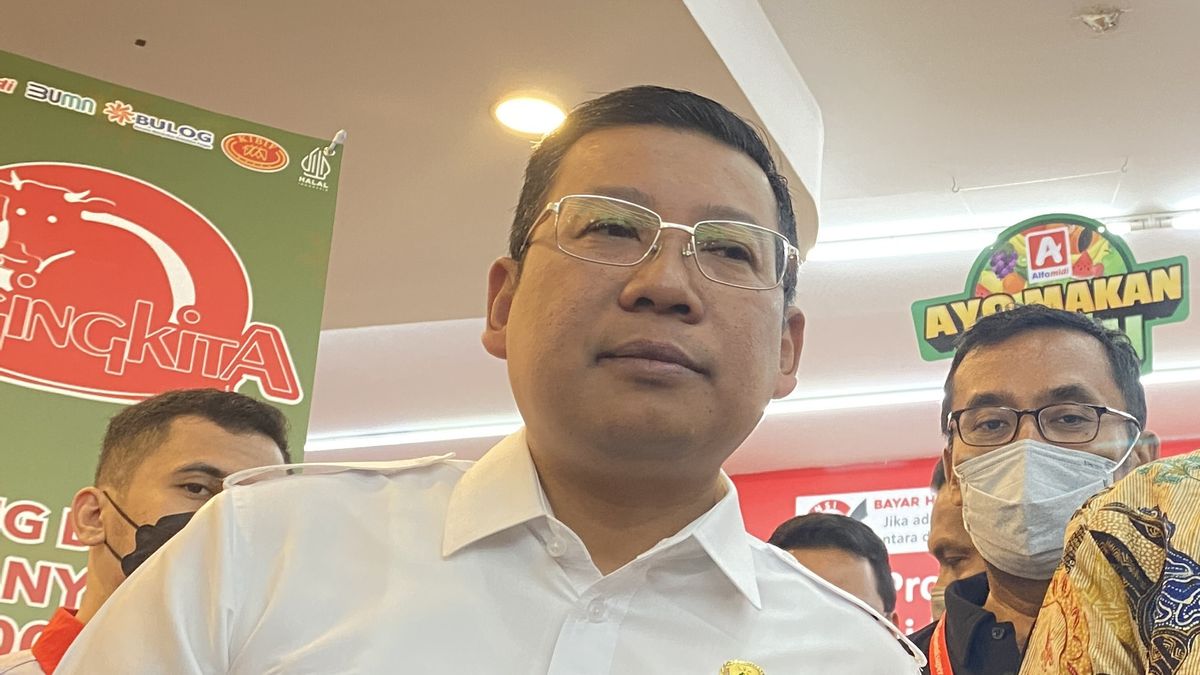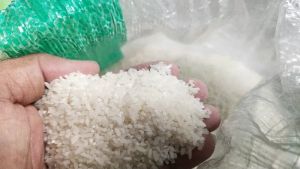JAKARTA - The government through the National Food Agency (NFA) has assigned Perum Bulog to import rice of 2 million tons of rice this year.
This import is carried out to fulfill the Government Rice Reserve (CBP) in Bulog.
For your information, import assignments to Perum Bulog have been carried out for three consecutive years.
In detail, in 2022 the import tap will be opened as much as 500,000 tons.
Then, in 2023 the government will reopen the import tap as much as 2 million and the additional import quota of 1.5 million tons.
Meanwhile, in 2024, the plan is to open 2 million tons of imports.
Head of NFA Arief Prasetyo Adi said the policy was a bitter alternative that had to be taken in conditions of national rice production which was experiencing a decline due to El Nino's climate change that occurred in 2023.
As a result, continued Arief, the impact of El Nino's climate change was felt a few months later, so that in early 2024 there was a monthly rice balance deficit.
Referring to BPS data, Arief said, it is estimated that Indonesia will experience a rice deficit in January-February 2024.
The Minus in January 2024 is estimated at 1.61 million tons and in February 2024 at 1.22 million tons. The total deficit is 2.83 million tons of rice.
Furthermore, Arief said that this condition could lead to an escalation of rice prices, so there needs to be anticipation. As a result, the fulfillment of CBP through imports is the solution.
"This importation is a bitter alternative, but we must do it. We both know that the condition of national rice production has decreased due to the impact of climate change and El Nino," he said in an official statement, Tuesday, January 16.
Moreover, continued Arief, according to the assignment, the CBP stock in Perum Bulog is set at least 1 million tons. This CBP is prepared for government intervention if there is a shortage of rice and price stabilization.
"We also use the rice from imports to strengthen CBP stocks," he said.
SEE ALSO:
Throughout 2023, said Arief, CBP stocks were always maintained above 1 million tons. With this qualified stock condition, CBP was disbursed to the public through the Food Supply and Price Stabilization program (SPHP) in the form of market operations and the Cheap Food Movement (GPM), as well as the distribution of rice food assistance to more than 21.3 million Beneficiary Families (KPM).
Arief also said that rice importation did not affect the decline in prices at the farmer level. This is indicated by the increase in the Food Crop Farmers Exchange Index (NTPP). This significant positive change from NTPP is commonly used to see the welfare of farmers.
Until now, we always maintain prices in farmers, so as not to fall too deep. We at the National Food Agency always try to maintain a balance of prices ranging from producers to consumers. Rice imports do not much affect prices at the farm level," he said.
"If later the Ministry of Agriculture (Ministry of Agriculture) has succeeded in realizing rice production of more than 2.5 million tons in a month, we hope that rice prices will start to fall," he continued.
The English, Chinese, Japanese, Arabic, and French versions are automatically generated by the AI. So there may still be inaccuracies in translating, please always see Indonesian as our main language. (system supported by DigitalSiber.id)
















